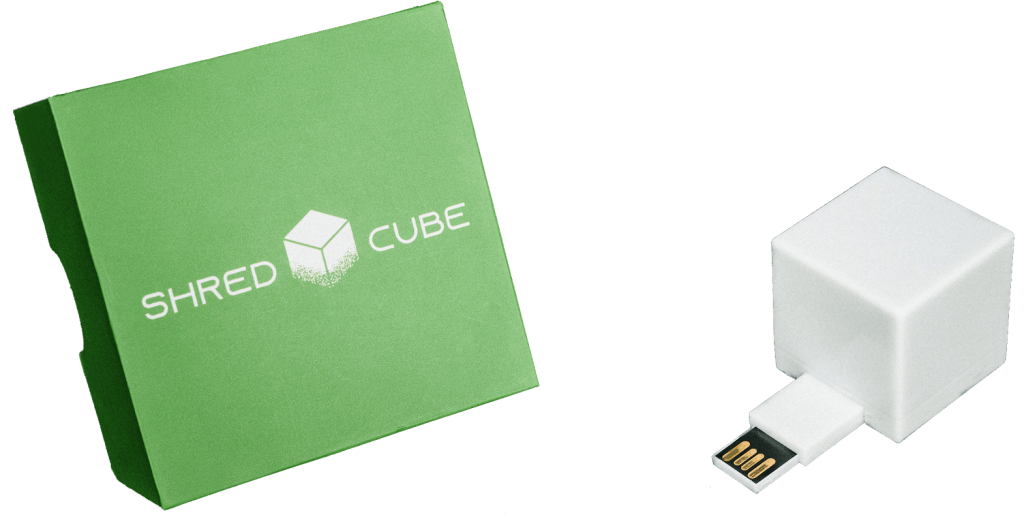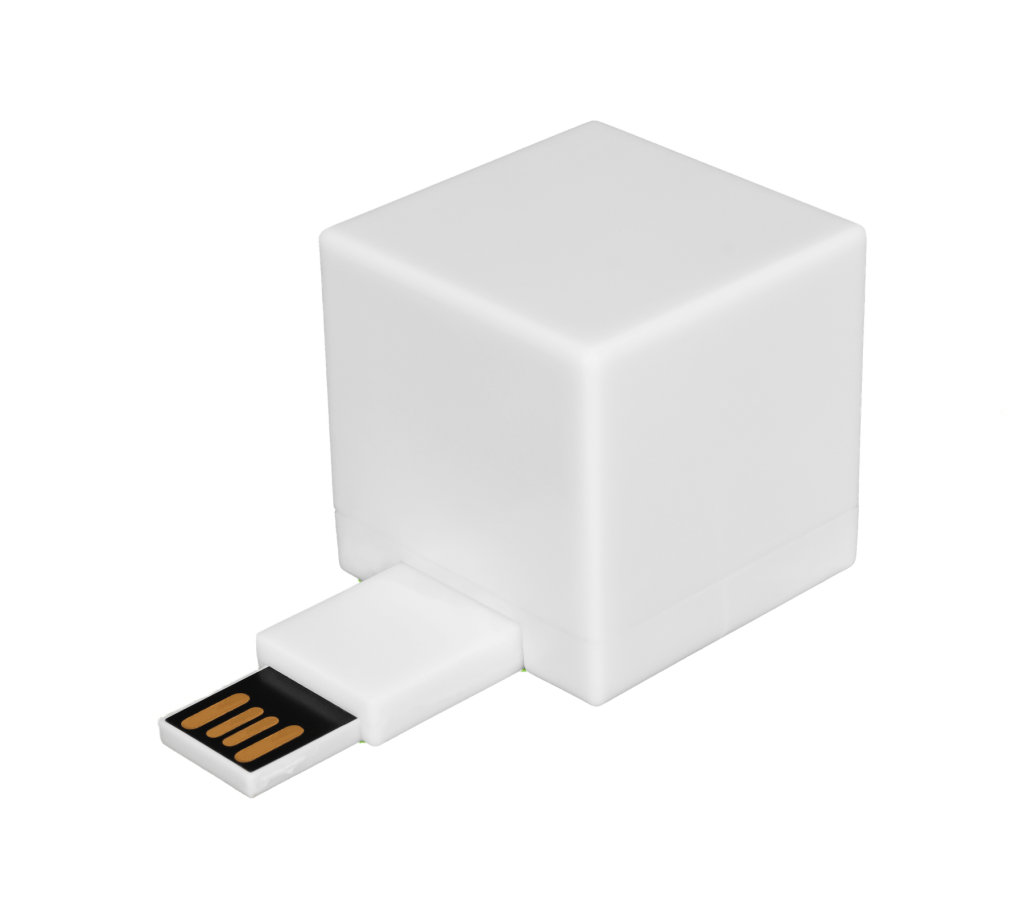Have you ever needed to recover deleted files? Deleting files on a computer is a tricky business. After all, the designers of your computer software know that you have two opposing goals. First, you don’t want to be able to accidentally delete a file and never get it back, so deleting a file permanently shouldn’t be too easy. However, you also want to rest assured that you can actually delete files when you need to, resulting in a feeling of data security and the knowledge that no one can hack your computer or access your files after you sell your current computer or give it to someone else. Either way, knowing how to recover deleted files is important.
There are more digital files being used in our modern age than ever before, meaning that a bigger percentage of sensitive information is digital. It’s key that you know how to recover sensitive information if it was accidentally or incorrectly deleted in the past.
We’ll talk to you today about how to recover deleted files, but keep in mind that every step to recover deleted files is a step that can be done by other people as well. So while it is a great benefit to be able to recover semi-deleted files yourself, you don’t want to leave any secure data vulnerable to these tactics. If you work in a data-conscious industry, from finances to law to healthcare, you’ll take this information as a strong call to maximize data security rather than leaving anything vulnerable to being recovered.
I Clicked “Delete” – Now What?
So what should you do when you want to recover deleted files? Most computers have a “recycle bin” or “trash” icon where you can drag and drop files. You can also select from a menu that offers the option to “delete” a file or folder. This is actually the step that is easiest to recover deleted files from. All this did was move your file or folder from one location to another in your file organization system. Imagine that, instead of actually eating a sandwich, you just put that sandwich on the shelf of the refrigerator where you usually store the things you will eat today.
To recover a deleted file at this stage, you will simply open the recycle bin or trash folder and there will be options. You can often drag-and-drop the file back onto your desktop, or you can click to send it to its previous location, or you can even make a copy of it. As you might imagine, simply placing sensitive data into the recycle bin won’t protect it if someone manages to gain control of your computer. In fact, they may look there first, assuming that the sensitive data you wished to hide is right there, easy to access.
What Really Happens When You Delete Computer Files?
Let’s say that you’ve just deleted your file, and you took the next step and emptied the recycle bin on your Desktop in order to, supposedly, delete a file forever. While this is certainly another step toward deletion, it is often still possible to recover deleted files at this point.
How To Recover Deleted Files
It’s hard to tell, especially if you don’t stop immediately and get your hard drive to a recovery expert, whether the file in question will be overwritten or still accessible. However, if it is still there and not overwritten, you can recover deleted files quickly. What’s unfortunate about that is that less scrupulous individuals can use the same process. If you delete all files on a computer hard drive and sell the hard drive, they can also go and get the hard drive recovered, potentially gaining sensitive information about you or your business.

Maintaining Industry Compliance Standards
It’s tempting to just delete files and assume that, because you personally cannot access them given your computer expertise, you’ve done your duty. If you’ve continued using the computer, you might assume that all the files are now overwritten and inaccessible to hackers. However, hackers can sometimes easily recover deleted files.
Unfortunately, hacking has progressed, there are many ways for a computer to be compromised: clicking on innocuous-looking email links, downloading free software, and many other forms of cyberattack. This doesn’t even include the fact that, if your computers are networked, you don’t have to be the source of the computer virus or malware; anyone in your local server can potentially allow a virus to infect computers around your company and breach a large quantity of data.
In a variety of highly-regulated fields, the way you allow data to move can result in loss of trust from customers whose data is exposed during a breach as well as the potential for legal action and fines. Because files are hard to delete securely, and hackers are constantly innovating in the ways they access your data, you need an equally high-quality data sanitization solution. You can’t rely on individual users of the computers at your company to always delete files in ways that make them truly unrecoverable. You need a simple solution that is easy to use and easy to explain to your team.
However tempting it is to cut corners on file deletion, this is not the place to scrimp when there is an affordable solution that is actually secure and helps you maintain your high level of legal compliance with orders like HIPAA, which holds healthcare companies to a very high standard when it comes to how they protect their customers’ data. You should understand that hackers can recover deleted files, and you should take this seriously.
The Security Issues With Free Online Deletion Software
If you do opt to use budget solutions so that no one can recover deleted files on your computers, you may find yourself with a variety of other issues that you wouldn’t expect. The problem lies in the fact that there are a lot of software products out there that claim to be able to ‘shred’ your files for free or cheap. However, they still might allow someone to recover deleted files.
Many assume that a quick search on the internet will yield a resource that helps them to remove all the files that could potentially be found on their computers. However, these online software products may be too good to be true if they are offered for free or an incredibly low price.
Some of these software products have been proven to leave your computer vulnerable to hackers, and if you aren’t deeply aware of how computer applications work, code that is not helpful to you may piggyback on the otherwise-helpful deletion software. The software may not be fully devoted to deletion, but instead may be partially a computer program that creates a software loophole for hackers to access your data. Not every deletion software will do this, but the cheaper the software is, the more likely that company is to be getting more revenue another way.
The solution is to turn to Shred Cube. This is the world’s first USB file shredder, meaning that you don’t have to trust non-secure wireless internet to download a file of suspect origin. This software is robust, offering you options to delete files or to search for duplicates of a file to make sure that you don’t delete one only to leave a copy available.
As you can see, if you want actual data security with completely deleted files, turn to the experts who can actually remove your files and make them permanently inaccessible to anyone. Don’t let just anyone recover deleted files from your computer. Learn more and purchase Shred Cube today.












